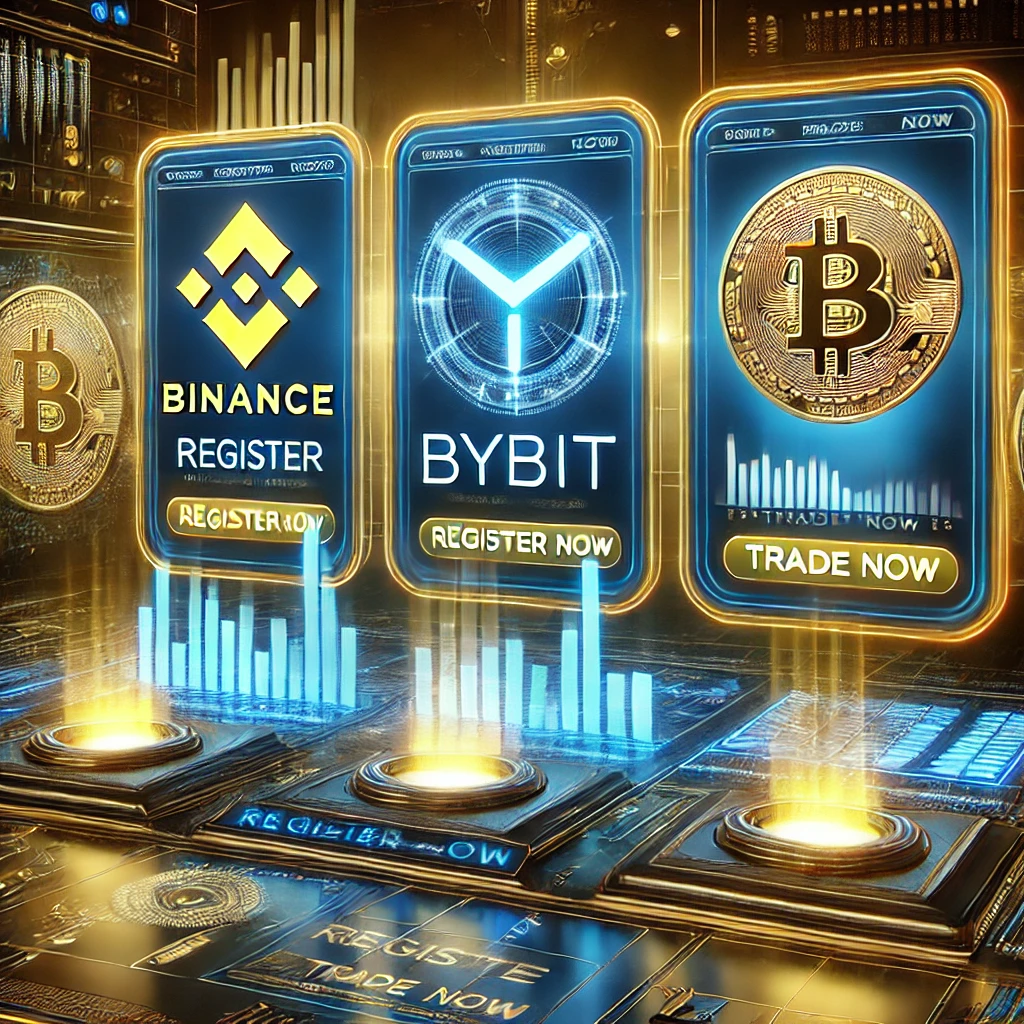Chainlink (LINK) is a decentralized oracle network that plays a crucial role in enhancing the functionality of smart contracts by enabling them to access real-world data and external APIs. This capability significantly extends the potential use cases for smart contracts, allowing them to interact with the external environment. Here’s an exploration of how Chainlink works with smart contracts and how it enhances their capabilities through off-chain data integration.
1. Understanding Smart Contracts
- Definition: Smart contracts are self-executing contracts with the terms of the agreement directly written into code. They run on blockchain networks and automatically execute actions based on predefined conditions.
- Limitations: While smart contracts are powerful for automating processes, they are limited to the data available on the blockchain. They cannot inherently access external information, which restricts their functionality in real-world applications.
2. The Role of Chainlink
- Decentralized Oracle Network: Chainlink acts as a bridge between smart contracts and off-chain data sources. It allows smart contracts to securely fetch data from various external sources, enabling them to react to real-world events and conditions.
- Data Integration: By providing reliable data feeds, Chainlink enables smart contracts to make informed decisions based on real-time information. This integration is essential for many applications, such as DeFi, insurance, and gaming.
3. How Chainlink Works with Smart Contracts
- Data Request Creation:
- A smart contract generates a data request specifying the type of external data needed (e.g., price of an asset, weather information, etc.). This request is sent to the Chainlink network.
- Oracle Selection:
- Chainlink selects a group of independent nodes (oracles) to fulfill the data request. This decentralized selection process ensures that the data is sourced from multiple providers, enhancing reliability and accuracy.
- Data Retrieval:
- The selected Chainlink nodes retrieve the requested data from specified external sources, such as APIs or databases. Each node independently collects the data to ensure integrity.
- Data Aggregation:
- The responses from the nodes are aggregated to produce a final result. This aggregated data is then verified for accuracy before being delivered to the requesting smart contract.
- Execution of Smart Contract Logic:
- Once the smart contract receives the accurate off-chain data, it can execute its predefined logic based on the data provided. For example, if a smart contract is designed to execute a trade based on a specific price threshold, it can now do so using real-time price data fetched through Chainlink.
4. Use Cases Enabled by Chainlink
- Decentralized Finance (DeFi):
- Chainlink provides reliable price feeds for various cryptocurrencies and assets, enabling DeFi applications like lending platforms and decentralized exchanges to function effectively. Accurate data ensures fair trading and reduces the risks of liquidation.
- Insurance:
- Smart contracts in insurance can access off-chain data (e.g., weather data) to automate payouts based on real-world events. For instance, crop insurance contracts can trigger payments automatically if a drought is reported.
- Gaming:
- In blockchain-based games, Chainlink can provide random number generation and external data feeds, enhancing gameplay and ensuring fairness in gaming mechanics.
- Supply Chain Management:
- Chainlink can connect smart contracts with external tracking systems to provide real-time data on the status of goods, enabling automated processes such as payment releases upon delivery confirmation.
5. Security and Reliability
- Decentralization: Chainlink’s decentralized approach mitigates risks associated with relying on a single data source. By aggregating data from multiple oracles, Chainlink enhances the reliability and accuracy of the information provided to smart contracts.
- Economic Incentives: Chainlink’s incentive structure rewards node operators for providing accurate data, aligning their interests with the network’s integrity. This economic model fosters a robust ecosystem of reliable data providers.
Conclusion
Chainlink significantly enhances the capabilities of smart contracts by enabling them to access off-chain data securely and reliably. By bridging the gap between blockchain networks and the real world, Chainlink opens up a wide range of possibilities for decentralized applications across various industries.
As the demand for accurate and trustworthy data continues to grow, Chainlink’s role in expanding the functionality of smart contracts will become increasingly important. If you’re interested in exploring Chainlink and its impact on smart contracts, consider signing up on Binance to access its features and offerings. Embrace the potential of Chainlink and the exciting world of decentralized technologies!
Related Posts
From Vitalik Buterin’s Vision to Ethereum 2.0: The Evolution of Ethereum
Ethereum has grown from an innovative idea by Vitalik Buterin into the largest smart contract blockchain. With the recent upgrade to Ethereum 2.0, it has become faster, more…
4 min read
Introduction to Ethereum & How It Differs from Bitcoin
Bitcoin and Ethereum are the two most important cryptocurrencies, but they serve different purposes. While Bitcoin is primarily a store of value and digital money, Ethereum is a…
4 min read
How Bitcoin Can Change the Way We Use Money
Bitcoin is more than just a digital currency—it’s a revolutionary financial system that challenges how we think about money. Unlike traditional currencies controlled by governments and banks, Bitcoin…
4 min read
Biggest Bitcoin Hacks in History & How to Protect Yourself
Bitcoin is often praised for its security and decentralization, but that doesn’t mean it’s completely safe. Over the years, hackers have stolen billions of dollars worth of Bitcoin…
4 min read
Can Bitcoin Become a Global Currency?
Bitcoin has been called “digital gold”, a store of value, and even the future of money. But can it replace traditional currencies and become a truly global currency?…
4 min read
How Bitcoin Mining Works and Current Challenges
Bitcoin mining is the backbone of the Bitcoin network, ensuring security, validating transactions, and issuing new BTC. However, mining has become increasingly complex, competitive, and energy-intensive over the…
4 min read


